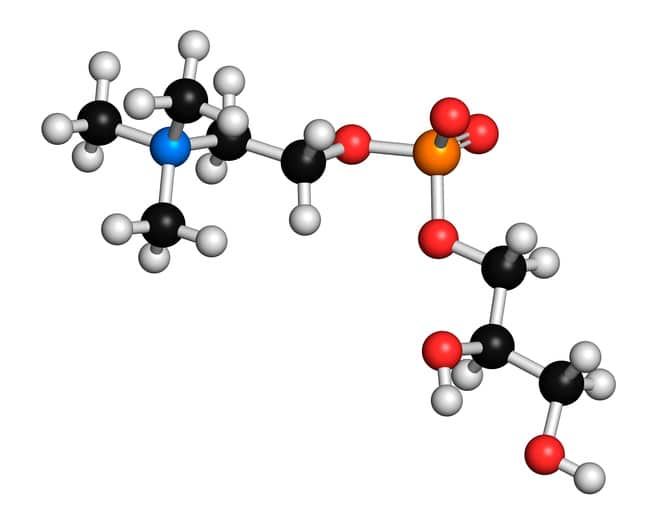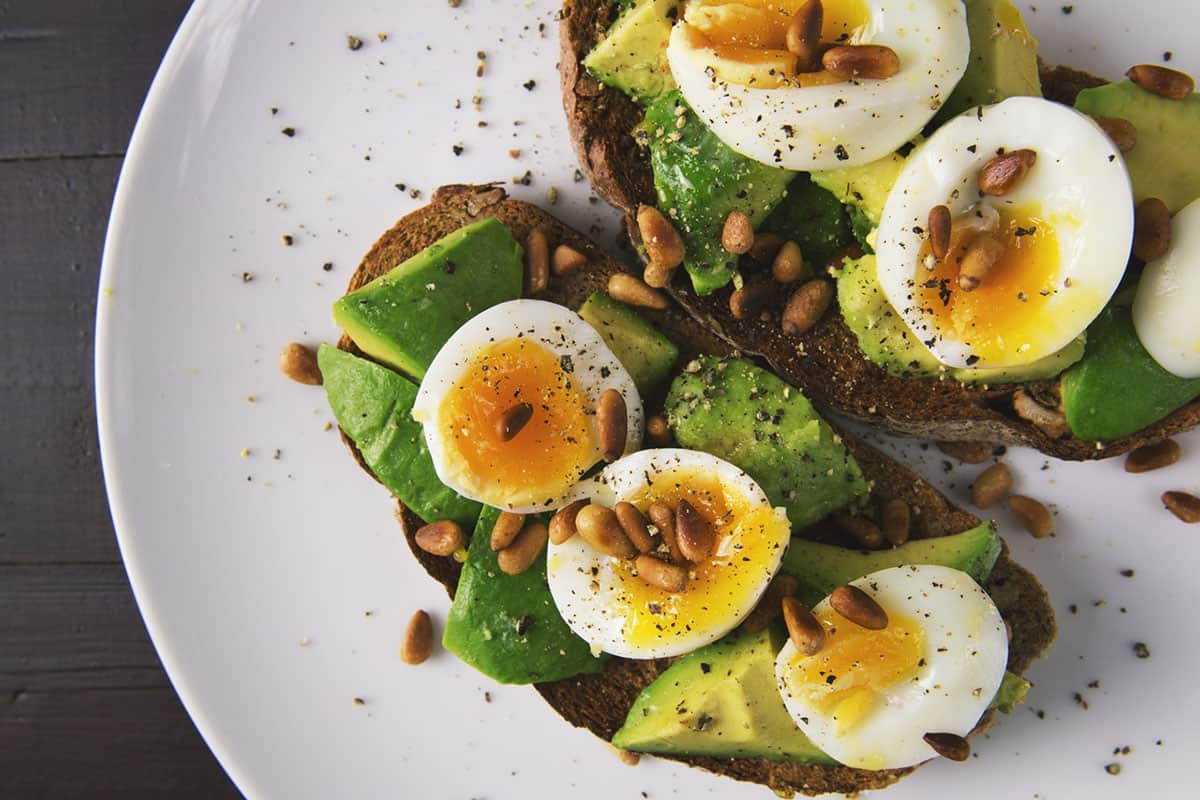There’s a good chance that you haven’t heard of choline before, despite that it's an essential nutrient (that is, our body cannot produce adequate amounts itself, therefore we must consume it through food).
“If it’s essential, why is this nutrient rarely discussed?” I hear you ask.
Good question - so it’s time we start talking!
What is choline?
Choline is a vitamin-like nutrient that provides building materials for a range of important body compounds with an even more diverse range of functions.
It’s almost like asking, what is the function of water? Obviously, there are many uses.
However, many would debate it’s most important role is as a ‘methyl donor’, which essentially means it provides essential chemical parts used in DNA synthesis, gene expression and metabolism, and serves a few key purposes: making healthy babies, and improving our memory and mood.

Helps make healthy babies
Choline expert Professor Marie Caudill at Cornell University tells SBS Food the nutrient provides the building blocks that fetal cells need to divide and to regulate their gene expression.
Folate, another key nutrient in the development of a fetus, is also a methyl donor and plays similar roles to choline.
Together they work to properly form the spinal cord and brain stem in the early weeks of pregnancy.
Underdevelopment of the brain stem and spinal cord are known as neural tube defects. Australia has put in place mandatory fortification of folate in bread because of the connection between folate and neural tube defects.
Together they work to properly form the spinal cord and brain stem in the early weeks of pregnancy.
However, a study found that even with adequate folate intake, mothers with inadequate choline have a higher chance of giving birth to a baby with a neural tube defect.
With such an important role in brain development, research suggests choline intake during pregnancy may also have an important role in your baby’s future brain health.
Improves our memory
In adults, choline deficiency has been linked to impaired cognitive functions and Alzheimer’s disease. Choline is used to make the neurotransmitter acetylcholine, which helps the hippocampus (the area of the brain involved with memory and learning) to function.
Professor Caudill says, ”Animal studies have consistently shown superior cognitive functioning among offspring born to mothers whose diet was supplemented with choline.
"Data are mixed in humans but we just showed improved information processing speed (a measure of cognitive function) among infants whose mothers consumed approximately two times the choline adequate intake level”.

One study of more than 1,000 people found those with higher intakes of choline, performed better on cognitive tasks than participants with lower levels.
As a result, researchers and health professionals recommend people consume enough choline to prevent dementia and cognitive decline.
Good for our mental health
Anxiety and depression can be impacted by the health of our brain.
Some studies suggest that choline, having such an important role in brain health, may be one nutrient that plays a role in elevating our mood.
Choline appears to help make compounds called GABA, a nutrient known for it’s ability to regulate high levels of stress.
Who’s not getting enough?
Although it’s important for us all, many people don’t get enough. Choline intake has not been measured in Australia, but Professor Steven Zeisel, a well-known choline expert from the University of North Carolina, says it’s likely we follow the US’ trend of a low intake.
The highest amount of choline is found in animal products including eggs, beef and salmon, putting people who follow a vegetarian diet at a higher risk of deficiency.
Soy products, like tofu, are a good alternative. Other foods rich in choline include broccoli, chickpeas, Brussels sprouts, almonds and wheat germ.
| Food | Amount of Choline (mg) | Food | Amount of Choline (mg) |
| 1 Egg | 147 | Brussel sprouts 1 cup | 63 |
| Lima Beans 1 cup | 75 | White fish fillet | 102 |
| 100g Chicken | 82 | 100g Meat | 100 |
| Wheat germ 1 cup | 201 | 100g Salmon | 87 |
(Source: NIH Office of Dietary Supplements)
But, before you whip up some meat with Brussels Sprouts and broccoli, take a minute to think about the best way to prepare your veggies. The choline in vegetables is water-soluble, which means if cooked in water, such as boiling on your stove top, choline may leak from the vegetables into the water, and ultimately down the sink where it’s discarded.
The highest amount of choline is found in animal products including eggs, beef and salmon, putting people who follow a vegetarian diet at a higher risk of deficiency.
Instead, the best way to cook these vegetables to retain the most choline is to steam, or lightly fry with a little bit of extra virgin olive oil.

One American study researched the differences in choline intake between people from different ethnicities.
It found that across different cultures, including African-American, Caucasian, Japanese-American, Latinos and native Hawaiians, the intake levels of choline varied significantly, with Japanese-Americans consuming the least.
Japanese-American and Native-Hawaiians received a significant amount of their choline intake from fish and shellfish, whereas beans and peas were a primary choline source for Latinos.
But the study found regardless of race, three quarters of the participants were consuming below the recommended adequate intake for choline.
With so many important health benefits, it’s important for us to ensure we’re including adequate choline in our diet – especially when you’re pregnant.
SBS Food is a 24/7 foodie channel for all Australians, with a focus on simple, authentic and everyday food inspiration from cultures everywhere. NSW stream only. Read more about SBS Food
Have a story or comment? Contact Us

